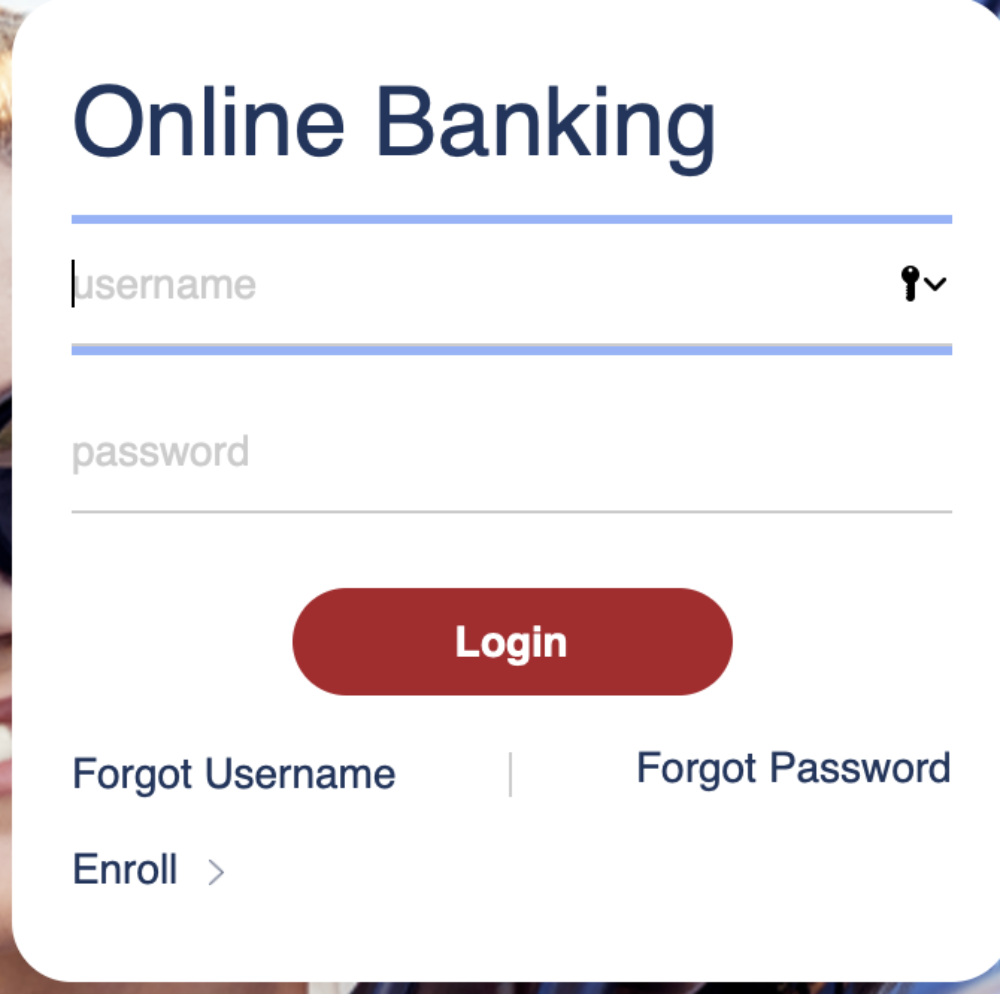There’s nothing easier than payment with the click of a button. That is why many now use mobile payment apps like Venmo and Square. As convenient as these apps are, Apple Federal Credit Union, which has 21 branches throughout Northern Virginia, warns about the risks involved in this kind of payment and has released a list of safeguards to help consumers protect their funds.
“There is growing popularity with use of these mobile payment apps,” says Larry Larsen, Director of Cyber Security at Apple Federal Credit Union. “The trouble is, the more popular these apps are, the more criminals want to exploit them for their own profit.”
Venmo reported 40 million users at the end of April 2019, and total payment volume for Venmo grew 73 percent year over year to $21 billion in the first quarter, according to the company. Venmo is on pace to do $100 billion in payment volume this year. Rival Square reported 15 million monthly active users for its cash app as of December. More established systems like PayPal continue to be popular for everything from retail purchases to sending money between friends.
Venmo and Square are very popular mobile cash apps that are designed for payment between friends and reputable businesses. Within these confines, these are safe systems: the typical security and technology expected from a financial institution protects users’ account information. However, buying or selling with strangers (online or in person) is risky. Here are some consumer tips to help cash app users protect themselves:
° Be vigilant: Like any payment form, monitor your accounts and sign up for alerts so you can instantly review transactions. If you have implemented these safeguards and money is stolen from your account, you will likely be protected by federal law if you act fast and notify the cash app service and your credit union or bank immediately.
° Getting paid: All mobile payment systems can carry a bit of risk. The risk with Venmo is that payments you receive can be reversed after they hit your account. The money appears instantly, and you might even be able to use the funds. If it turns out that there is a problem, the payment will be reversed, and you are responsible for that money. If you have not used the funds, Venmo will confiscate the money. If you already spent the money, you will need to replace it.
° Beware of scams: Although it appears instantaneous, payments actually are not. In a typical Venmo scam, a “buyer” contacts you about something you are selling. They ask to pay with Venmo and promptly make payment if you accept. At that point, you hand over the item to the buyer. After a few days, the buyer reverses the transaction and keeps your merchandise. This has been seen often in criminal fraud activity.
° Recourse options: Venmo, for instance, generally does not offer assistance in cases like the scam described above. The user agreement specifies that the service is for “payments between friends and people who trust each other,” and that there is no buyer or seller protection. In the past, Venmo has told customers to work things out with whomever “paid” and took merchandise. Of course, bad guys will not cooperate, which leaves you with few options besides calling the police or bringing legal action against the buyer (if you can find the buyer).
Being educated about best practices for using mobile payment apps will help consumers protect their assets. More consumer tips related to banking are available at www.AppleFCU.org.

